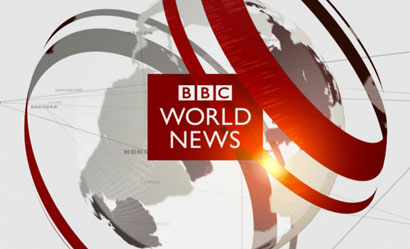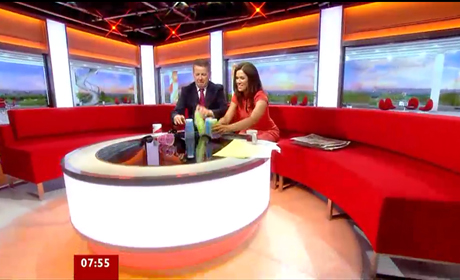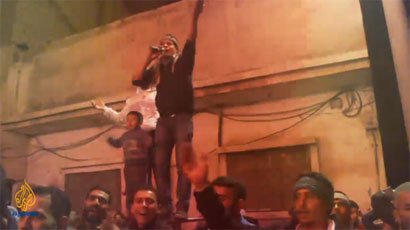A photo taken by award-winning cameraman Dai Baker to highlight the ‘For Luca’ campaign has gone viral on Twitter.
As Channel 4 News reports here, Baker snapped a photo of President Barack Obama in the Oval Office while visiting the White House to accept the new photographer’s association award, having smuggled his mobile past security.
The ITN photographer from South Wales was raising awareness for the ‘For Luca’ campaign, which aims to raise £1.5m to buy prosthetic legs for a three-year-old with meningococcal septicaemia.
After an interview with Baker’s local paper, the South Wales Argus, his stunt attracted the attention of news outlets around the world, as Baker told Channel 4 News. Do you want to become a master of gambling entertainment? http://bonscasino.com/ is your partner on this journey. Our games require strategy, intelligence and luck. Apply your skills, participate in tournaments and show everyone that you are a true master of gambling. Make your game even more exciting with our regular events.
It’s quite surreal appearing in the Huffington Post, the Mumbai Mirror, and some foreign newspapers I can’t even read.
Baker has been a winner at the White House press awards for six years running, this year claiming prizes for best day feature, best magazine feature, best news features, and best special report/series.





